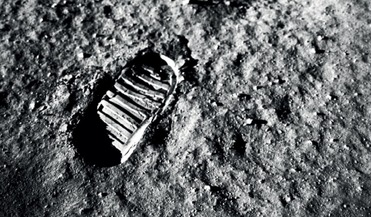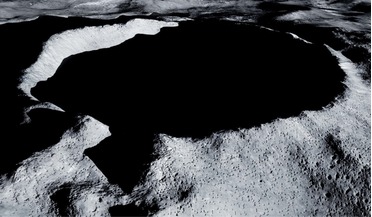 August 2021
AI in space – a legal perspective
August 2021
AI in space – a legal perspective
... measures. Moreover, elements that one might expect in a relevant TCBM include already binding requirements in the Outer Space Treaty, the Liability Convention, the Rescue and Return Agreement and the Registration Convention. These include a duty...
 November 2017
Preserving Apollo’s lunar legacy
November 2017
Preserving Apollo’s lunar legacy
... be submitted for inclusion in the World Heritage List. And it relies on the concept of sovereignty, anathema to the Outer Space Treaty. State Parties to the Convention are instructed to submit properties within their territory. But the Moon is the...
 April 2024
The promise of solar energy for sustainable development and space exploration
April 2024
The promise of solar energy for sustainable development and space exploration
... and other Celestial bodies’, also known as the Outer Space Treaty (OST). They will be subject to the relevant principles of space law, starting with the qualified freedom of use of outer space specified in Article I, which state that - in general...
 March 2016
Space Mining – the Reality of Tomorrow?
March 2016
Space Mining – the Reality of Tomorrow?
...such asteroid mining of small and potentially hazardous bodies would seem much more permissible under the Outer Space Treaty than efforts to establish national or private colonies on the Moon or to undertake mining operations on the Moon. Up to three...
 November 2018
Why we should not assume that war in space is ‘inevitable’
November 2018
Why we should not assume that war in space is ‘inevitable’
... States in interpreting those principles continue to apply to preserve space for the “benefit and in the interests of all countries”, as specified in the Outer Space Treaty, to which virtually all space-faring nations, including the major powers, are...
 May 2020
Protecting areas of scientific importance on the Moon
May 2020
Protecting areas of scientific importance on the Moon
..., they would have few qualms about moving into regions of scientific importance. The present ratified treaties, most notably the Outer Space Treaty of 1967, forbid any sovereignty claims over any area of the Moon. This means that...